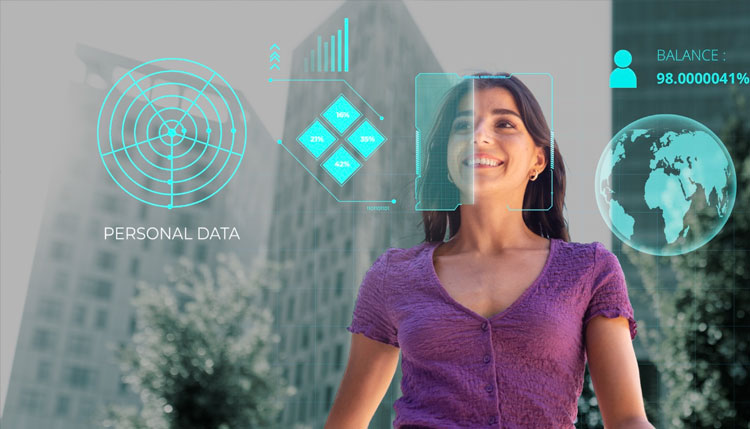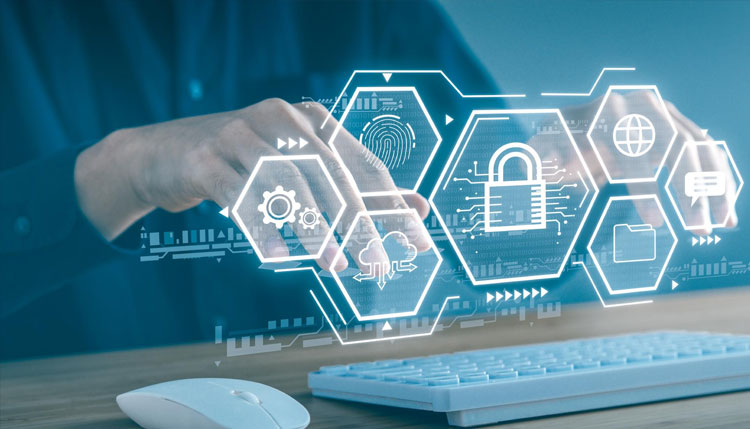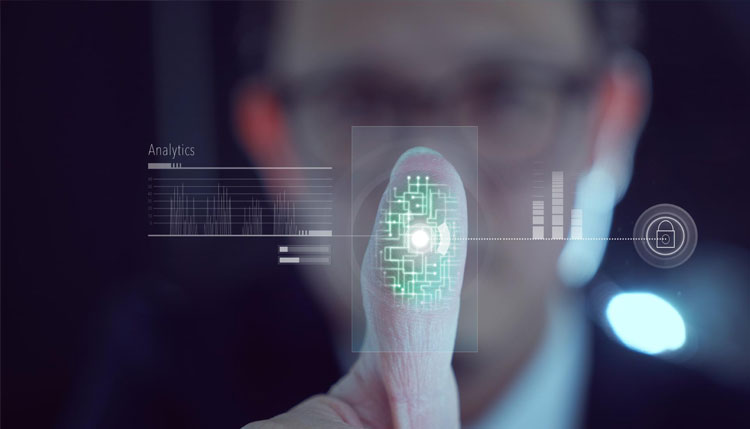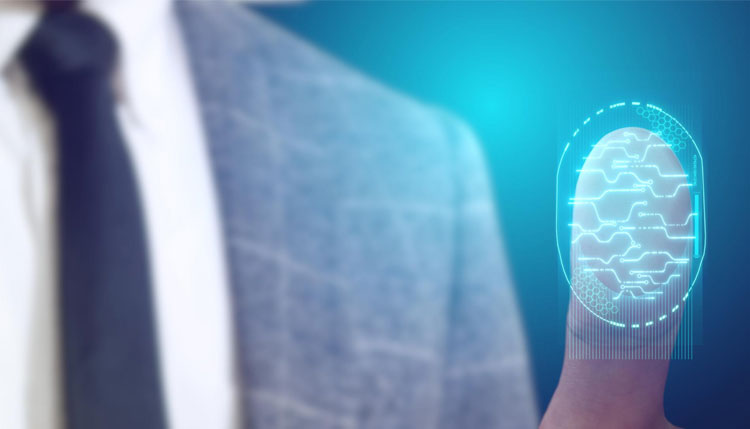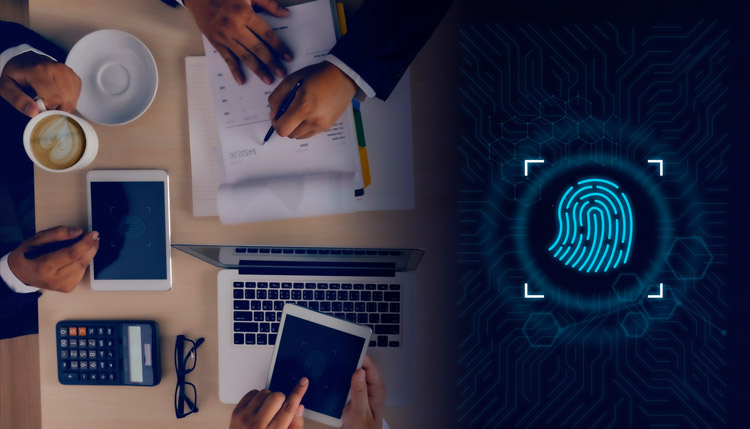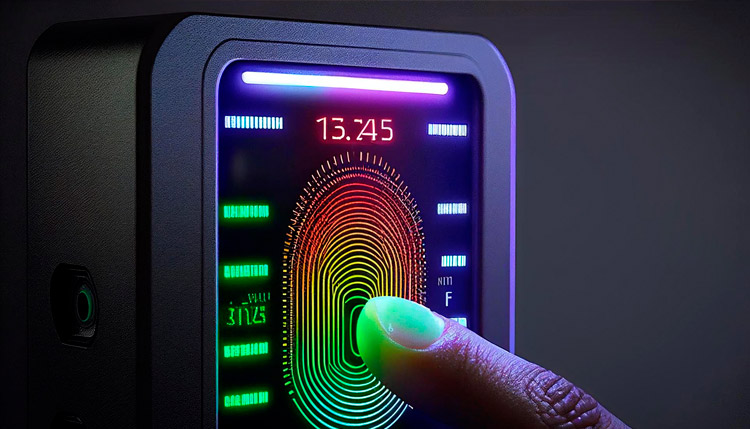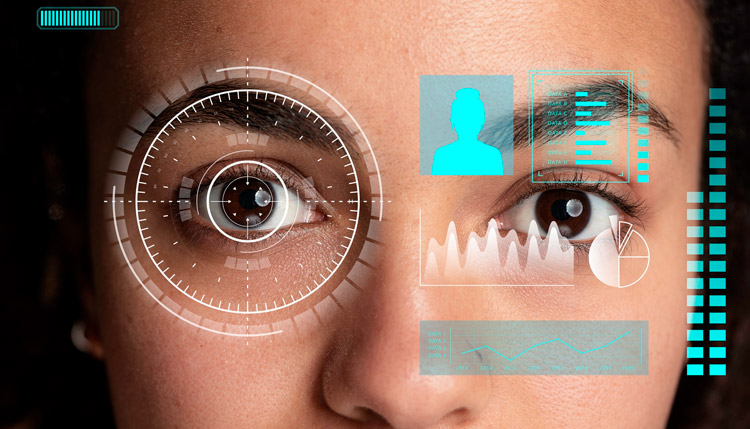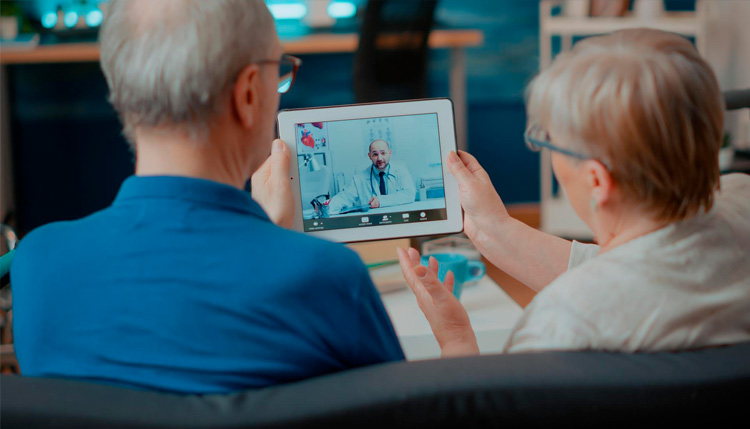
Advanced Biometric Usage in Healthcare
Healthcare is on the brink of a technological revolution, and one of the most promising advancements in this field is the integration of advanced biometrics. Beyond the traditional fingerprint and iris scans, biometric technology is being leveraged in innovative ways to enhance patient care, streamline operations, and improve overall healthcare outcomes. In this blog, we will explore how advanced biometric usage is transforming the healthcare industry.
Patient Identification and Records Management
Accurate patient identification is fundamental to providing safe and effective healthcare. Advanced biometrics, such as palm vein recognition and facial recognition, are making patient identification more reliable than ever before.
Palm vein recognition, for instance, uses near-infrared light to capture the unique vein patterns in an individual’s palm. This technology not only ensures accurate identification but also eliminates the need for physical identification cards or manual record checks. It is particularly beneficial in emergency situations when quick and precise identification is critical.
Facial recognition, on the other hand, allows healthcare providers to match a patient’s face to their medical records, reducing the chances of medical errors due to mistaken identity. It can also help in tracking patients’ health records more efficiently, which is vital for providing appropriate treatment and avoiding medication errors.
Enhanced Security and Access Control
Securing healthcare facilities and protecting patient data are paramount concerns. Biometrics are playing a significant role in bolstering security measures.
Biometric access control systems are being used to limit access to sensitive areas within healthcare institutions. For example, only authorized personnel can gain access to operating rooms, drug storage areas, or the data center where electronic health records are stored. Iris recognition and fingerprint scanning are often used for these purposes.
Moreover, biometrics help in ensuring that only authorized healthcare professionals can access patient records. This protects patient privacy and reduces the risk of data breaches, a growing concern in healthcare today.
Medication Dispensing and Administration
Medication errors are a serious concern in healthcare, often leading to adverse events and complications. Biometrics are being employed to reduce these errors in medication dispensing and administration.
Nurse authentication through biometrics ensures that the right medication is administered to the right patient. Fingerprint or palm scans can confirm the identity of both the healthcare provider and the patient before administering medication. This helps prevent medication mix-ups and enhances patient safety.
Patient Monitoring
Remote patient monitoring is becoming increasingly important, especially for individuals with chronic conditions or those who require continuous medical attention. Advanced biometric sensors can track a wide range of health parameters, including heart rate, blood pressure, glucose levels, and even emotional states.
Wearable devices equipped with biometric sensors are allowing patients to monitor their health in real-time and share this data with their healthcare providers. This facilitates proactive healthcare interventions, reducing hospital readmissions and improving the overall quality of care.
Biometric Telehealth Solutions
Telehealth has gained significant prominence, especially in the wake of the COVID-19 pandemic. Biometric technology is playing a vital role in ensuring the security and accuracy of virtual healthcare interactions.
Through biometric authentication, both patients and healthcare providers can be confident in the identity of the individuals on the other end of a telehealth call. This not only enhances the trust between patients and providers but also ensures the confidentiality of medical information shared during these virtual visits.
In conclusion, advanced biometric usage in healthcare is revolutionizing the industry by improving patient identification, enhancing security, reducing medication errors, enabling remote monitoring, and facilitating telehealth solutions. However, it’s crucial for healthcare organizations to navigate the challenges and ethical considerations associated with biometric technology to ensure that patient privacy and data security remain paramount as the industry continues to evolve. We at TrueID are well equipped to help you with your biometric needs. For more information, please reach out to www.trueid.in

